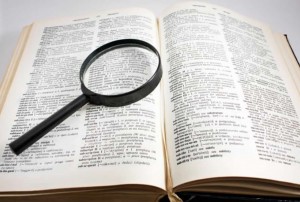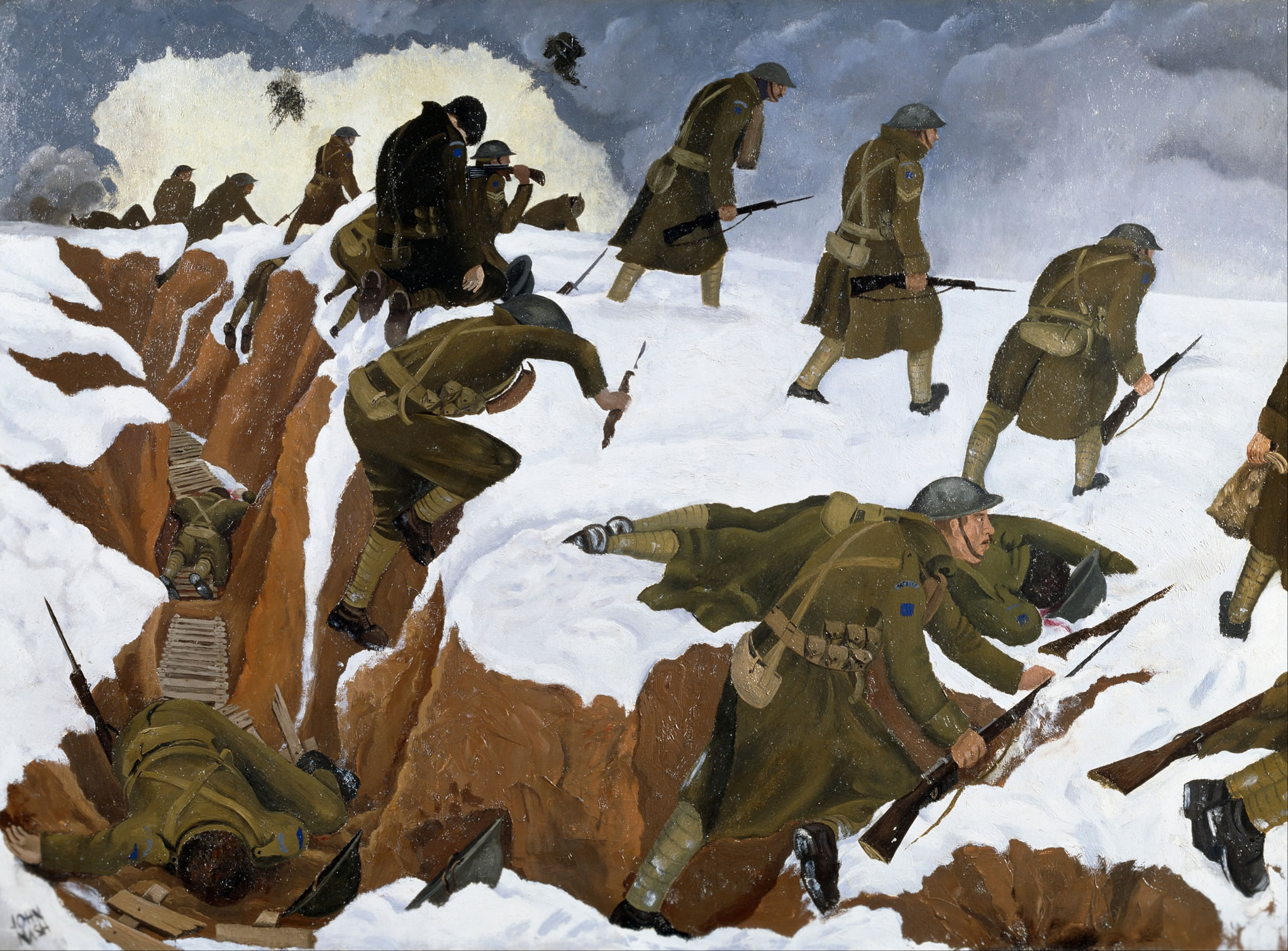 English is one of the richest languages in the world. At the last count there were estimated to be over 1 million words in the English lexicon. Many have been borrowed or stolen from other languages and many invented for use in new technologies and disciplines. In this article we’ve gathered together just a few of the more unusual ones to see if you know (or can guess) what they mean.
English is one of the richest languages in the world. At the last count there were estimated to be over 1 million words in the English lexicon. Many have been borrowed or stolen from other languages and many invented for use in new technologies and disciplines. In this article we’ve gathered together just a few of the more unusual ones to see if you know (or can guess) what they mean.
|
SPONDULICKS | ||||||||||||
|
||||||||||||
<span class='article_colouredheader'><b>Answer...</b></span>A : Money or Cash 1856, American English slang, “money, cash,” of unknown origin, said to be from Greek spondylikos, from spondylos, a seashell used as currency. |
||||||||||||
|
COLLYWOBBLES | ||||||||||||
|
||||||||||||
<span class='article_colouredheader'><b>Answer...</b></span>A : Feeling of fear, apprehension or nervousness. Probably from New Latin cholera morbus the disease cholera, influenced through folk etymology by colic and wobble |
||||||||||||
|
KNACKERED | ||||||||||||
|
||||||||||||
<span class='article_colouredheader'><b>Answer...</b></span>C : Exhausted; very tired. English slang knacker to kill, tire, perhaps from knacker, noun. First Known Use: 1886 |
||||||||||||
|
INTENERATE | ||||||||||||
|
||||||||||||
<span class='article_colouredheader'><b>Answer...</b></span>C : To make soft or tender; soften From in amd Latin tener – delicate or tender. |
||||||||||||
|
MAGNILOQUENT | ||||||||||||
|
||||||||||||
<span class='article_colouredheader'><b>Answer...</b></span>A : Speaking or expressed in a lofty or grandiose style; pompous; bombastic From the Latin magnus – great and loquī – to speak. |
||||||||||||
|
DYSPHEMISM | ||||||||||||
|
||||||||||||
<span class='article_colouredheader'><b>Answer...</b></span>B : The substitution of a harsh, disparaging or unpleasant expression for a more neutral one. |
||||||||||||




